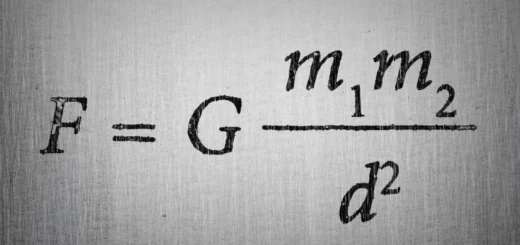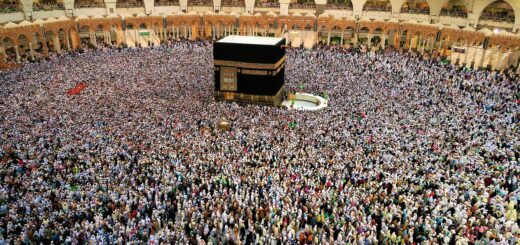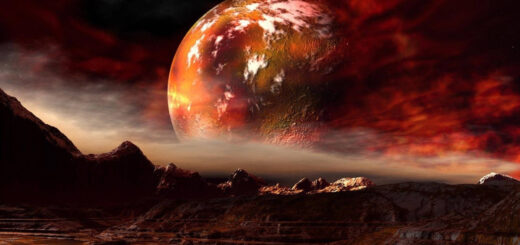Different cultures have various beliefs about when the world might end.
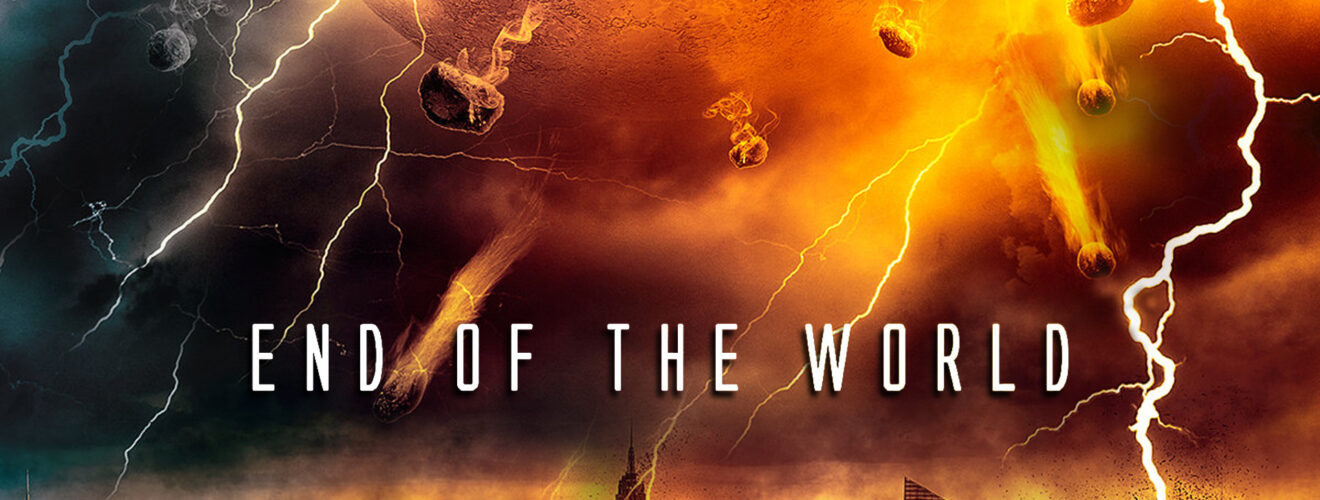
Q. 1 of 8. Has the world come to an end?
People proclaiming the imminent end of the world often thrive on spreading fear. This narrative has been around since the scare in 2012 when some miscalculations and exaggerations suggested the world would end in December. While the idea of doomsday or a catastrophic event is used to frighten and intimidate, there is also an element of truth. Eventually, there will be a time when things deteriorate, leading to the birth of a new civilization, race, or perhaps even new species. For those intrigued by theories about the end of the world, here are some perspectives from different cultures on how it might happen.
Q. 2 of 8. Hinduism?
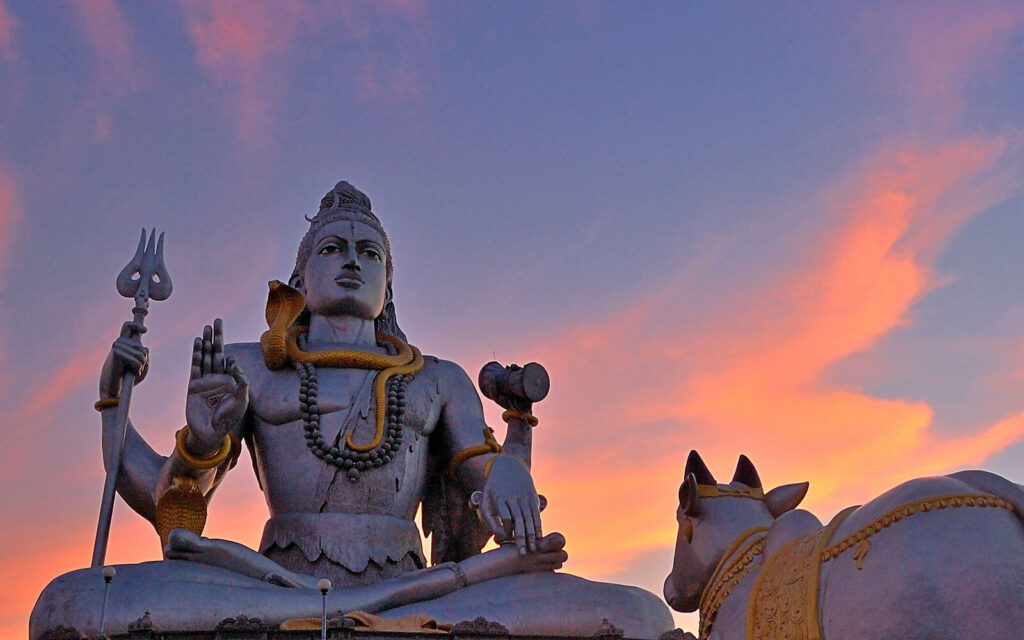
Hinduism, among the oldest religions globally, presents various theories about the world’s end. A widely shared belief involves ‘Pralaya’ and the appearance of Kalki avatar. According to this perspective, the world’s end, known as ‘Pralaya,’ will happen when Lord Vishnu descends to Earth in his Kalki avatar. Riding a white horse and wielding his chakra, he will eradicate all sources of evil. Following this destructive phase, a new cycle of creation begins as Lord Brahma awakens, initiating a rebirth.
Q. 3 of 8. Islam?
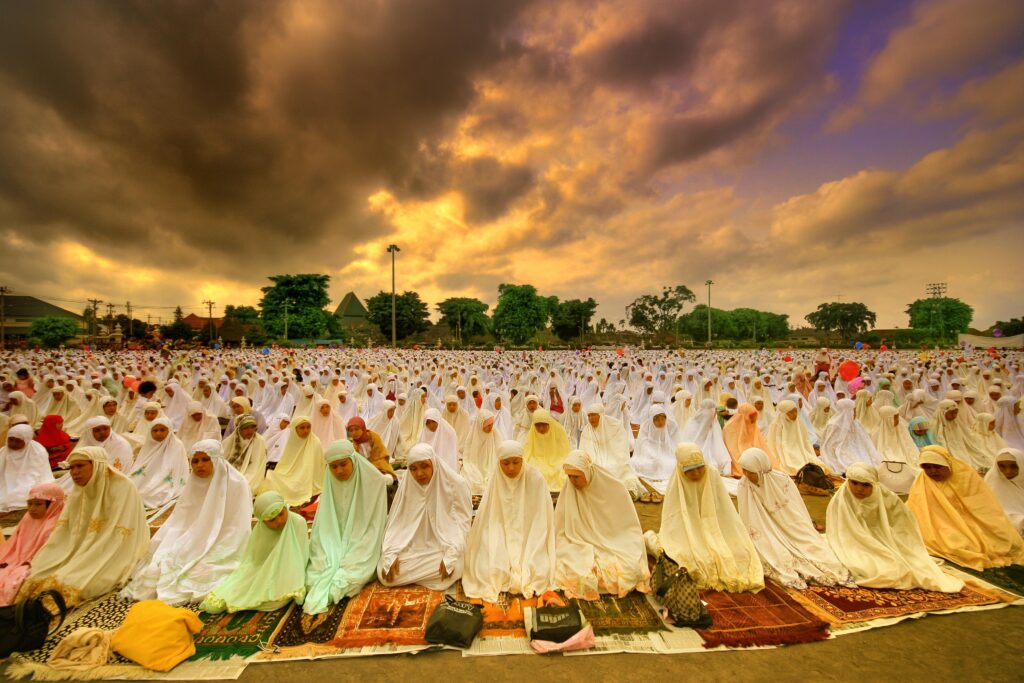
In Islam, the doomsday is referred to as Qayamat or the Day of Judgment. As the name implies, on this day, the Lord will assess all human actions, both good and bad, and deliver a judgment corresponding to their deeds. The indicators signaling this event encompass widespread corruption, natural disasters, and the appearance of a figure known as Dajjal, who will unleash chaos and deception.
Q. 4 of 8. Christianity?
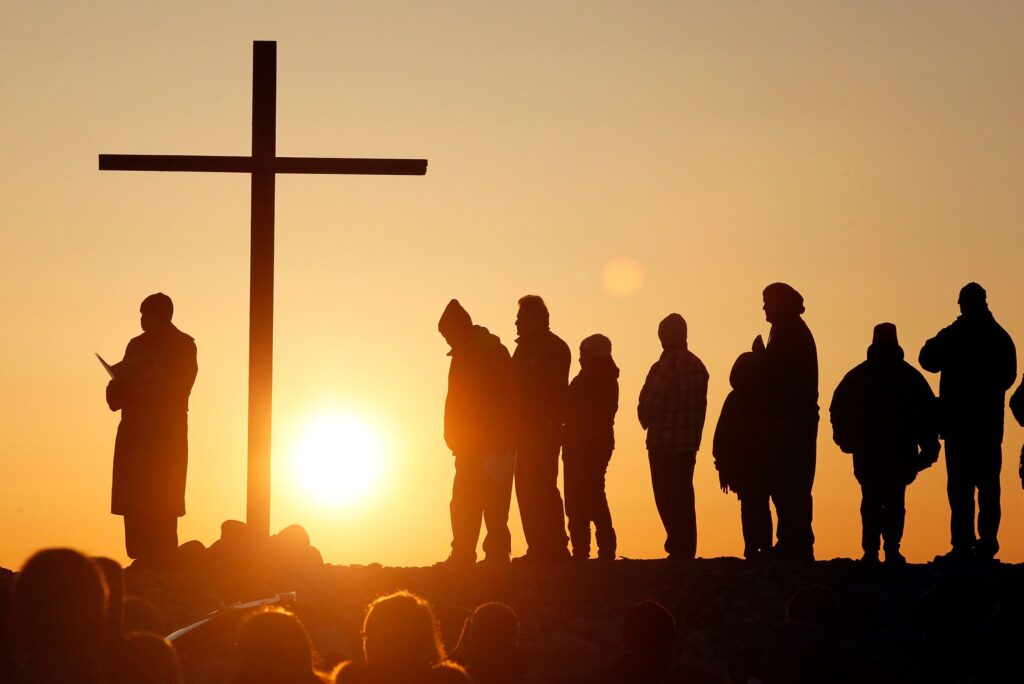
Many Christians hold diverse beliefs about the end times, envisioning it as a period of tribulation and divine intervention. The prevailing idea is that as evil escalates and moral clarity diminishes, the days of final judgment will arrive. During this time, the righteous are believed to be guided to heaven, while the unrighteous are destined for eternal damnation.
Q. 5 of 8. Zoroastrianism?
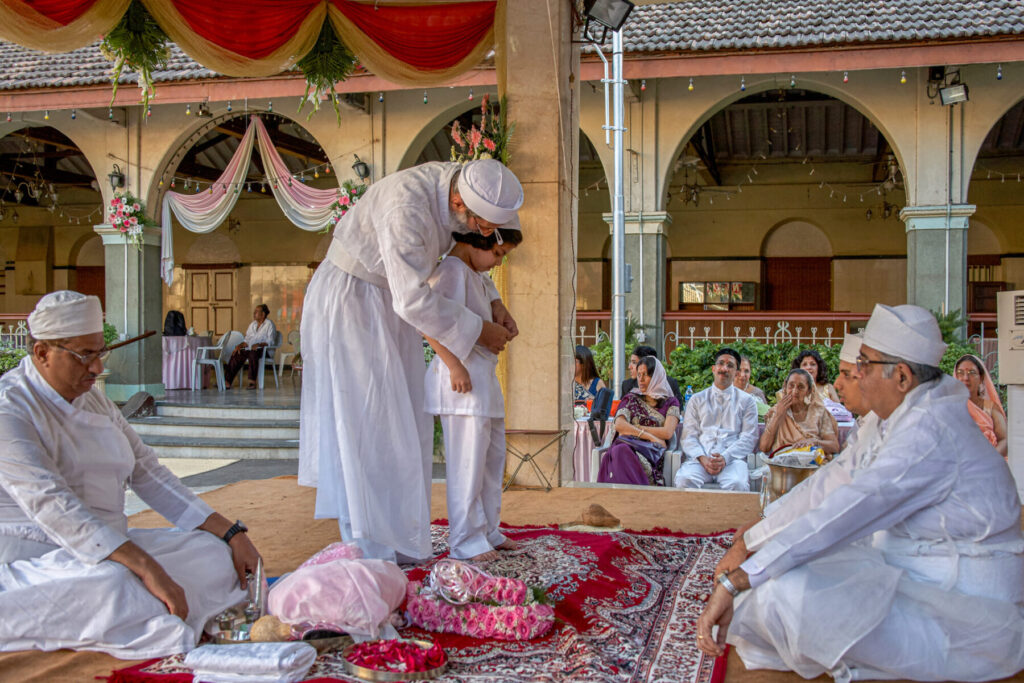
In Zoroastrianism, the approach of doomsday is marked by a cosmic conflict between the forces of good and evil. Within this belief system, the end of the world, termed ‘Frashokereti,’ entails the triumph of the god of goodness and light over the forces of darkness. This victorious outcome results in the resurrection of the dead, the purification of the world, and the renewal of existence.
Q. 6 of 8. The Aztecs?
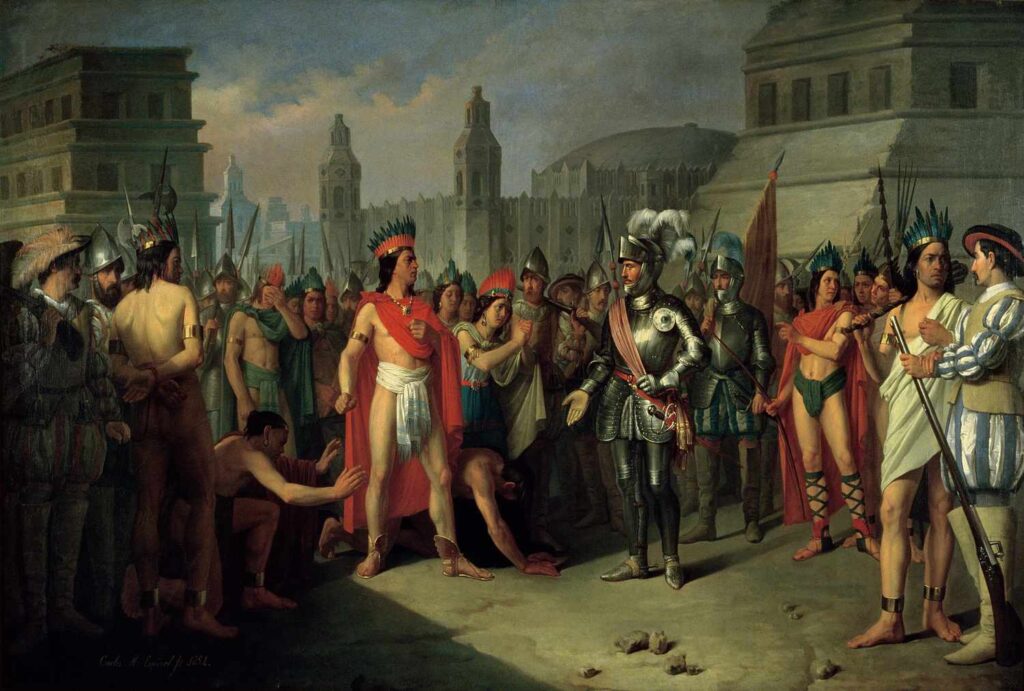
The Aztecs held cyclic perspectives on creation and destruction, revolving around distinct eras or ‘Suns,’ each concluding in catastrophic events like floods, fire, or earthquakes. In Aztec mythology, the culmination of the Fifth Sun is predicted to involve earthquakes and eternal darkness, leading people to go mad and ultimately resulting in the end of the world.
Q. 7 of 8. Buddhism?
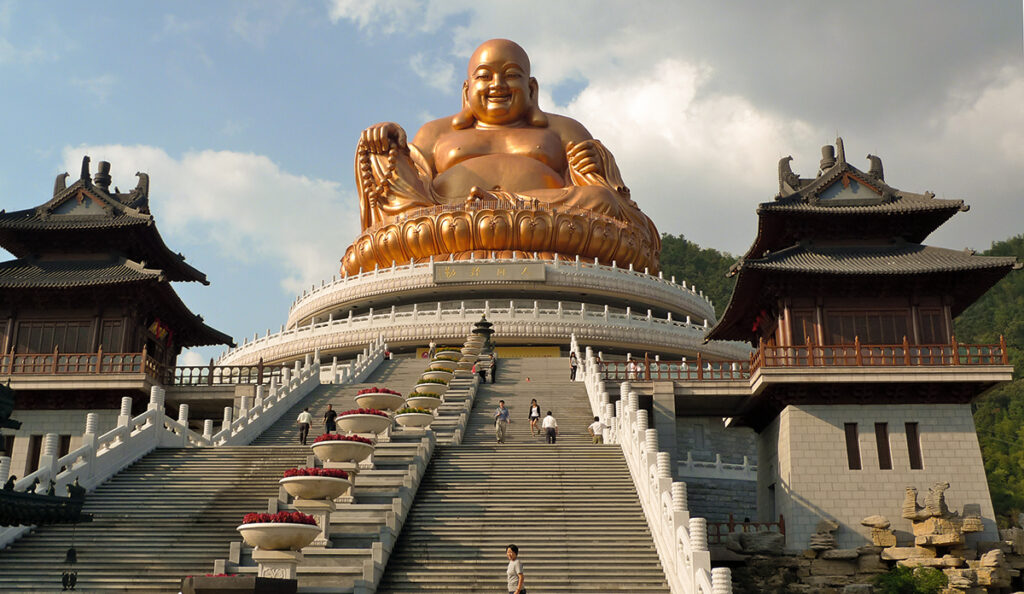
Buddhists adhere to the concept of ‘Samsara,’ akin to the Hindu term ‘Sansar,’ representing the cycle of birth, death, and rebirth observed in various cultures. According to some Buddhist teachings, the world’s end will transpire with the gradual decline of morality and societal degradation. As anarchy and turmoil become intolerable, a new era of enlightenment is anticipated to emerge, bringing forth a new Buddha and a renewed world.
Q. 7 of 8. The fear around ‘The end of the World’?
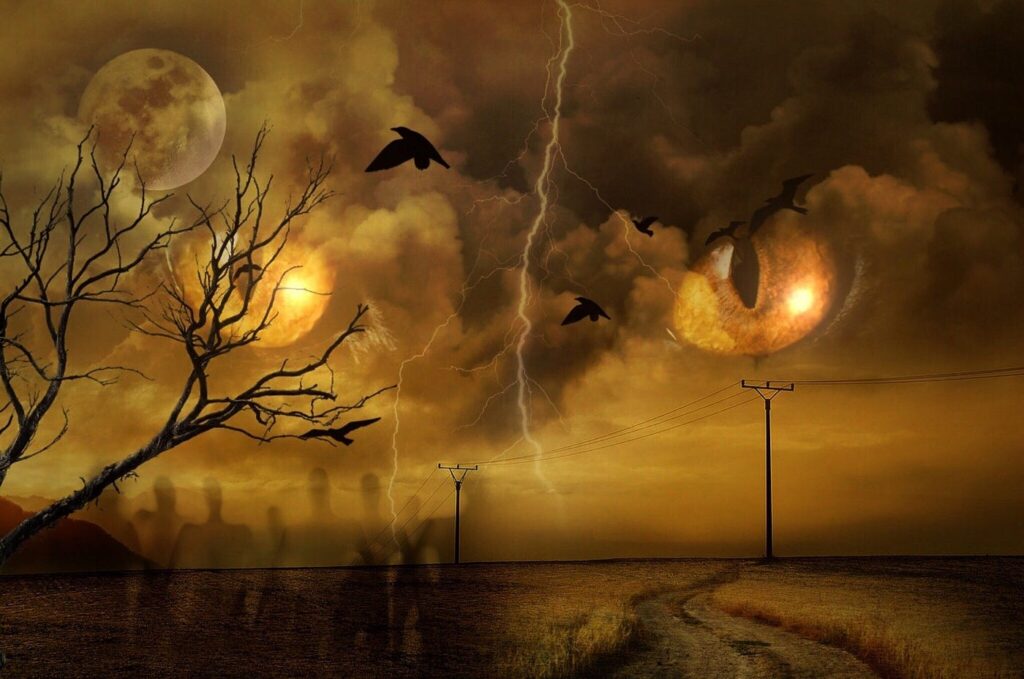
We humans have always been afraid of death. We are afraid about confronting our demons and the supposed demons and fate we will meet in the afterlife or when we die and go to our respective heaven and hell. The fear about the world ending is less about losing our life and more about what happens to us after we lose our life.
Improving our lives often involves engaging in holy practices such as prayers, worship, and acts of penance. Nevertheless, the paramount emphasis should be on living a life of virtuous deeds, ethical actions, and strong morals in the present, rather than dwelling excessively on concerns about the afterlife.

